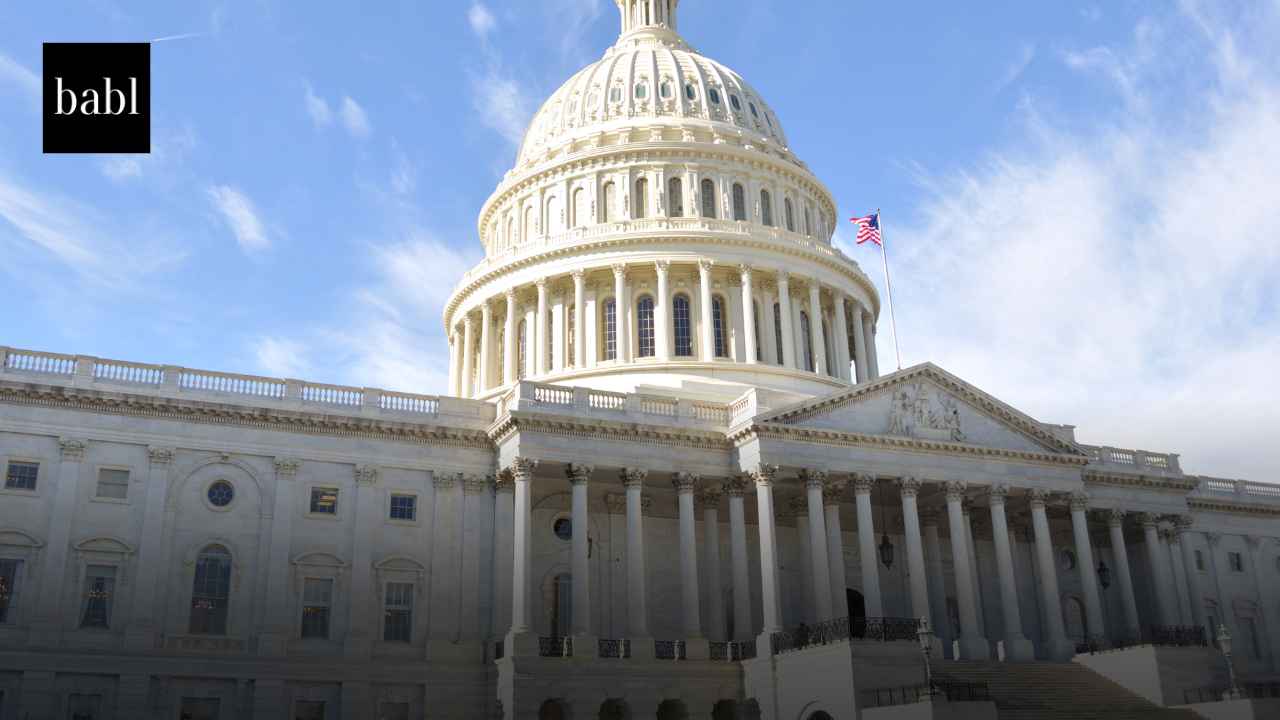UPDATE — AUGUST 2025: The COPIED Act—first introduced in July 2024 by Senators Maria Cantwell, Marsha Blackburn, and Martin Heinrich—was reintroduced in 2025, continuing bipartisan momentum to address AI-generated deepfakes and unauthorized content use. If passed, the Act would direct NIST to set national standards for provenance, watermarking, synthetic content detection, and cybersecurity safeguards. It also bans the removal of provenance information, restricts unauthorized AI training on protected content, and gives enforcement powers to the FTC, state attorneys general, and content owners through lawsuits. The legislation has strong support from journalism, music, and entertainment organizations, though it has not yet cleared Congress.
ORIGINAL NEWS STORY:
U.S. Senator Introduces COPIED Act to Combat AI Deepfakes and Protect Content Creators
In a significant move to address the escalating issue of AI-generated deepfakes and unauthorized content manipulation, U.S. Senator Maria Cantwell of Washington, chair of the Senate Committee on Commerce, Science, and Transportation, introduced the Content Origin Protection and Integrity from Edited and Deepfaked Media Act (COPIED Act) on Friday, July 12. The bipartisan legislation, co-sponsored by Senators Marsha Blackburn of Tennessee and Martin Heinrich of Minnesota, aims to establish federal transparency guidelines for marking, authenticating, and detecting AI-generated content while protecting the rights of journalists, actors, and artists.
Key Measures and Mechanisms
The bill tasks NIST with creating standards for content provenance, watermarking, and detection of synthetic media. It also requires cybersecurity measures to protect provenance information from tampering. To empower creators, the Act obliges AI tool providers to let content owners attach provenance data to their work. It forbids removing this data and bans the use of protected content for AI training without permission. These provisions ensure creators control how their work is used and compensated.
Enforcement
The Act grants enforcement power to the FTC and state attorneys general. It also allows content owners to sue individuals or platforms that misuse their content. By establishing civil remedies, the bill aims to deter violations and provide accountability. The legislation further makes it unlawful for platforms, search engines, and social media companies to remove or alter provenance information. Keeping this data intact ensures that digital content remains traceable and authentic.
Support Across Industries
The COPIED Act has drawn strong backing. Supporters include the Seattle Times, SAG-AFTRA, the Nashville Songwriters Association International, the Recording Academy, the National Music Publishers’ Association, and the Recording Industry Association of America. Alan Fisco, President of the Seattle Times, welcomed the effort, noting that the law could help audiences identify trustworthy journalism and fight disinformation.
Need Help?
If you have questions or concerns about how to navigate the U.S. and global AI regulatory landscape, don’t hesitate to reach out to BABL AI. Their Audit Experts can offer valuable insight, and ensure you’re informed and compliant.





